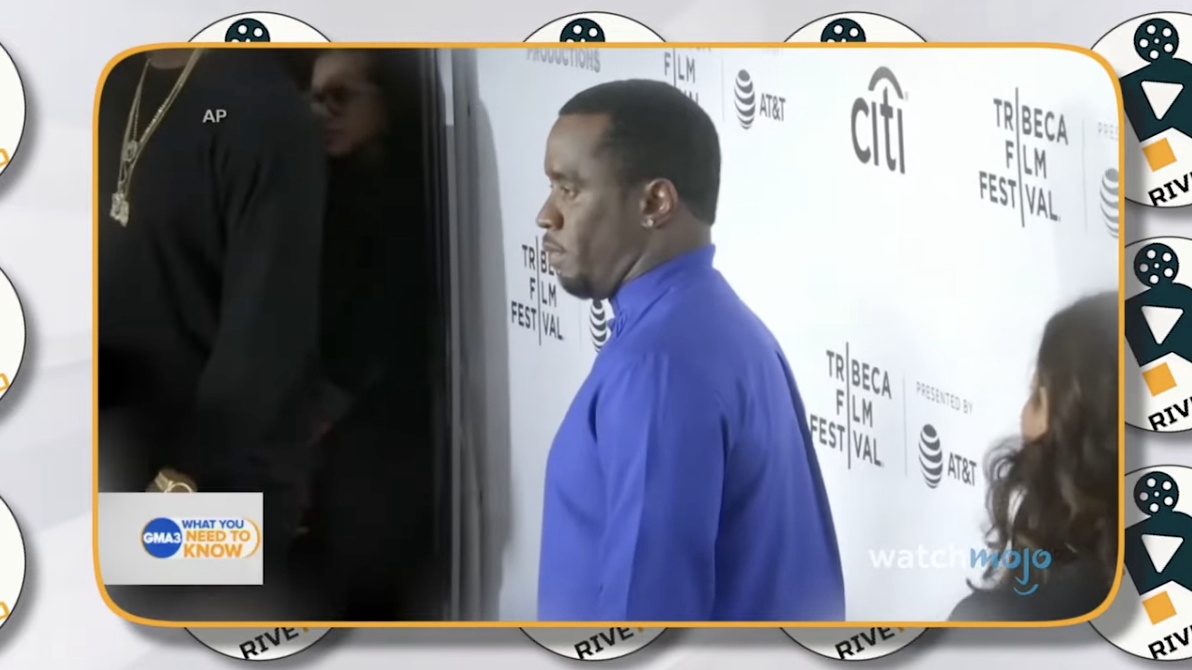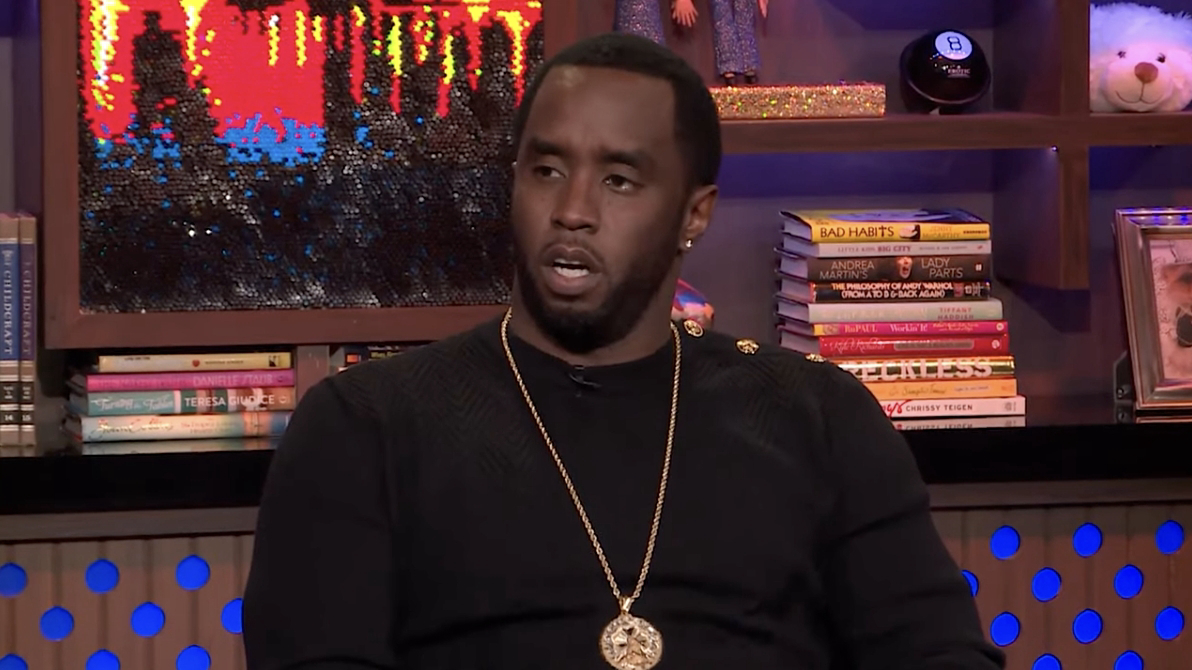In a shocking turn of events, 54-year-old music mogul Shawn “Diddy” Combs has been arrested and is now facing a myriad of serious criminal charges, including racketeering and trafficking.
Known for his immense success and extravagant lifestyle, Diddy, once revered as a symbol of rags-to-riches success with a net worth that once hovered around $800 million, now finds himself at the center of a criminal empire investigation.

A Symbol of Success or Sinister Power?
Diddy’s rise in the music industry saw him dominate multiple sectors, from entertainment to fashion, solidifying his status as one of the most influential figures in pop culture. However, recent legal developments reveal a more disturbing side to his success. Federal authorities, bolstered by a string of civil lawsuits, claim that Diddy used his vast wealth and influence not only to enhance his brand but also to cover up decades of alleged abuse, coercion, and illicit activity.

The charges against Combs stem from years of investigation, during which federal agents raided his properties in Los Angeles and Miami, uncovering rooms allegedly dedicated to criminal acts. His lavish parties, once hailed as legendary, are now under scrutiny as hotbeds for misconduct and abuse.
Infamous White Parties: The Dark Side
For over two decades, Diddy hosted exclusive “white parties” in high-society locations like the Hamptons and Beverly Hills. These parties, where Hollywood’s elite, including Leonardo DiCaprio, Paris Hilton, and Beyoncé, gathered, were viewed as symbols of success and luxury. Attendees wore all-white attire, and the events, which ran from day into the early hours, epitomized glamour. However, recent lawsuits paint these parties in a different light.
Prosecutors and civil suits allege that these gatherings, which Diddy reportedly referred to as “freak offs,” were more than just star-studded events. They were venues where women and men were coerced into sexual acts, often under the influence of substances. Some of these acts were reportedly recorded, and victims claim they were threatened into silence.
Mounting Lawsuits and Accusations
In addition to the federal charges, six recent lawsuits, filed by four men and two women, detail allegations of non-consensual sexual activity, assault, and abuse dating back to 1995. One of the most disturbing accusations involves a male victim who was allegedly assaulted at the age of 16 during one of Diddy’s infamous parties.

The allegations extend beyond private parties, implicating major corporations. For instance, Macy’s has been named in a lawsuit, accused of covering up an assault by Diddy in its flagship Manhattan store. The lawsuit claims that to protect its lucrative partnership with Diddy’s clothing brand, Sean John, Macy’s did nothing to investigate the assault.
Wider Implications for the Music Industry
As the investigation deepens, many in the entertainment industry are bracing for a ripple effect. High-profile celebrities who attended Diddy’s parties are now reportedly scrambling to distance themselves. Rumors abound that several stars have quietly settled lawsuits to avoid being named in connection to Diddy’s alleged criminal activities.

With federal prosecutors continuing to gather evidence, which includes over 100 electronic devices seized from his properties, legal experts predict that more individuals in the music and entertainment world could be implicated. These developments are poised to shake the foundations of the industry, as figures once seen as untouchable may soon face public and legal reckoning.
Diddy’s Legal Battle Ahead
Despite the weight of the allegations, Diddy’s legal team remains defiant. They have made it clear that Diddy will not be accepting any plea deals and intends to fight the charges. However, with the federal government involved, and the potential for more evidence and co-conspirators to emerge, the once untouchable mogul’s empire is now under serious threat. His $50 million bond, secured by his Miami mansion, reflects just how high the stakes have become.
As the case unfolds, the public, and especially the music industry, are left to grapple with the question: how far did Diddy’s power and influence extend, and who else might be caught in the fallout of his downfall?





